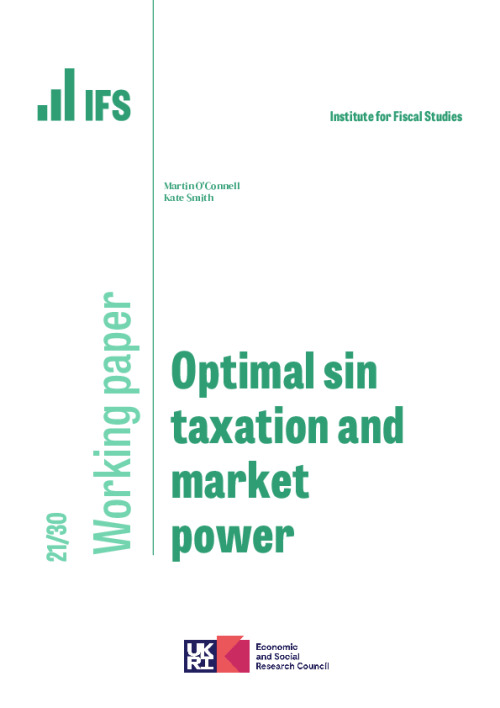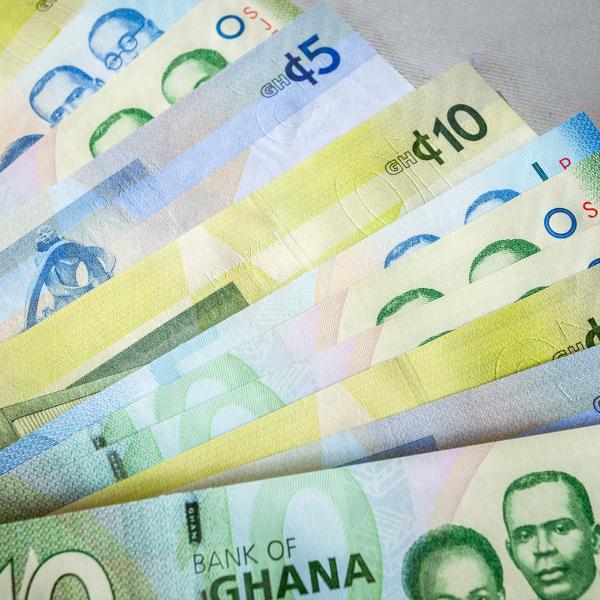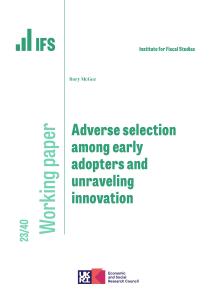This paper studies the design of sin taxes when firms exercise market power. We outline an optimal tax framework that highlights how market power impacts the efficiency and redistributive properties of sin taxation, and quantify these effects in an application to sugar-sweetened beverage taxation. We estimate a detailed model of demand and supply for the UK drinks market, which we embed in our tax design framework to solve for optimal sugar-sweetened beverage tax policy. Positive price-cost margins on drinks create allocative distortions, which act to lower the optimal rate compared with a perfectly competitive setting. However, since profits accrue to the rich, this is partially mitigated under social preferences for equity. Overall, ignoring market power when setting the optimal sugar-sweetened beverage tax rate leads to welfare gains that are 40% below those at the optimum. We show that moving from a single tax rate on sugar-sweetened beverages to a multi-rate system can result in further substantial welfare gains, with much of these gains realized by instead taxing sugar content directly.











